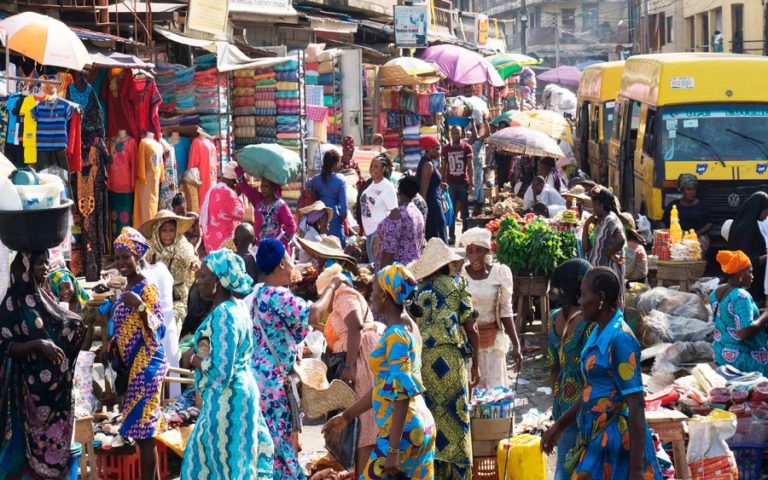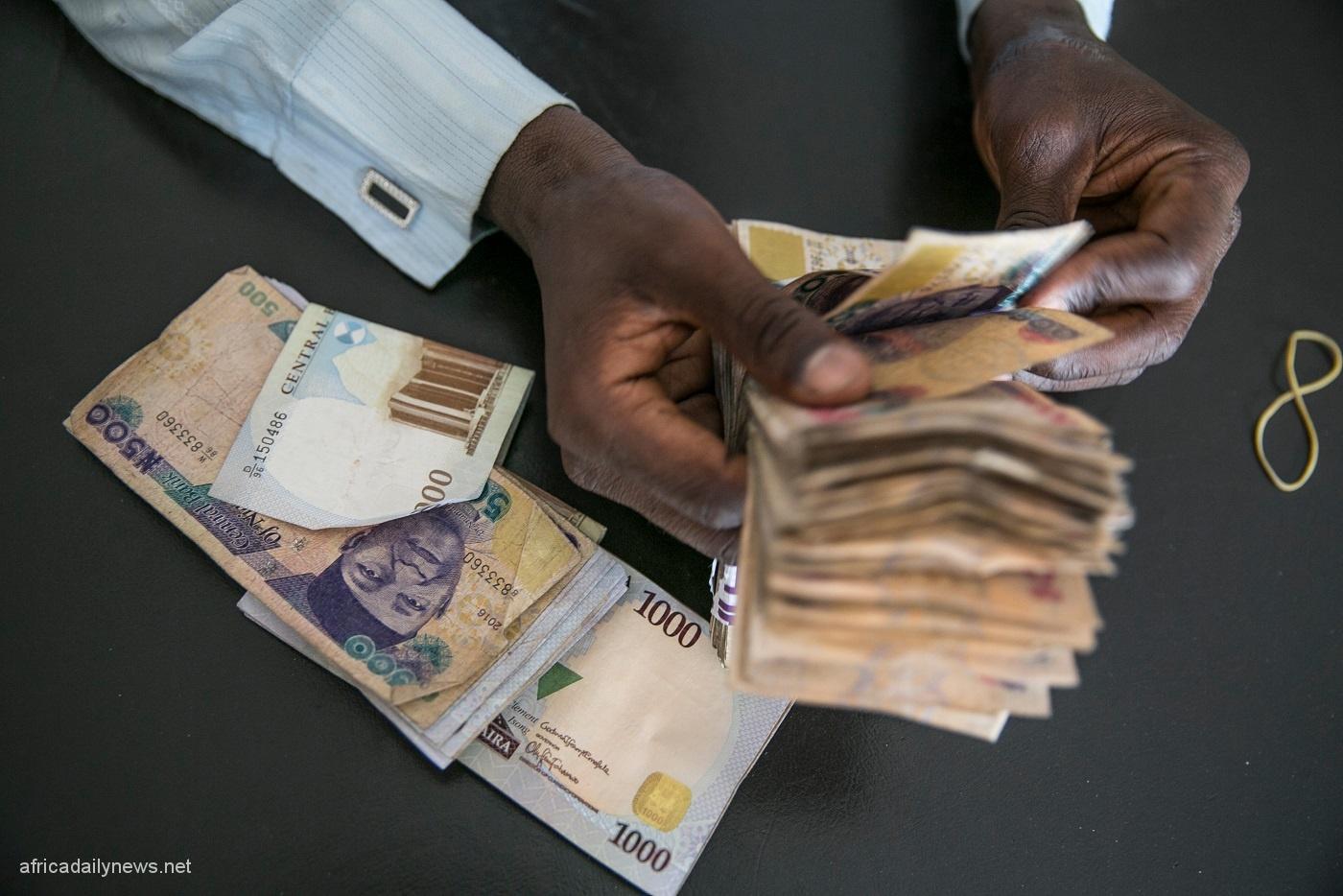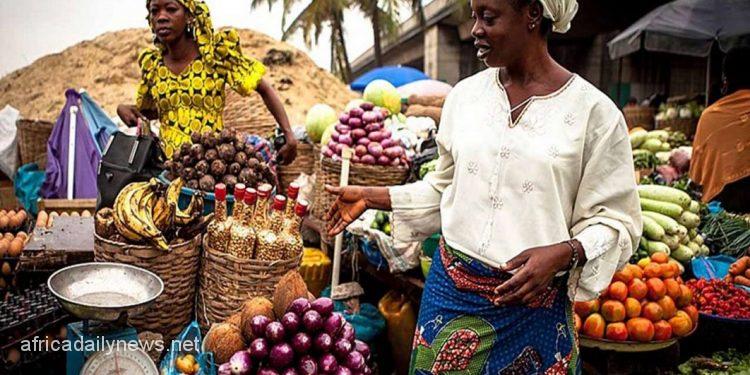A new report by the World Bank has suggested that Nigeria’s unemployment crisis in recent times is the worst in the nation’s history.
The report which was analysed by Africa Daily News raised an alarm over the nation’s rising unemployment situation was published by the World Bank with support from the Korea World Bank Partnership Facility (KWPF) and the Rapid Social Response (RSR) trust funds.
According to the research paper, the nation’s ever increasing working-age population combined with scarce domestic employment opportunities is creating high rates of unemployment, particularly for youth.
This situation has also been worsened by the pressures of the COVID-19 pandemic over the last couple of months.
Read Also: World Bank To Boost Electricity In Nigeria With $500m
‘Between 2010 and 2020, the unemployment rate rose five-fold, from 6.4 percent in 2010 to 33.3 percent in 2020.
‘The rise in unemployment rates has been particularly acute since the 2015- 2016 economic recession and has further worsened as COVID-19 led to the worst recession in four decades in 2020’ the paper read in part.
The unemployment rate is defined nationally as the percentage of the labour force population who could not find at least 20 hours of work in the reference period, which the paper says was significantly higher for youth (42.5 percent) compared to non-youth (26.3 percent).
It was also discovered that women are particularly vulnerable in Nigeria’s labor market. ‘Compared to 46.4 percent of the male population who are fully employed, only 40.6 percent of women are fully employed’.
The share of fully employed came up significantly lower in rural areas compared to urban areas.
It was the viewpoint of the World Bank Report that the socio-economic challenges facing Nigerians in the last 10 years have led to a tremendous increase in the number of citizens seeking asylum and refugee status in other countries.
According to the Washington-based institution, the number of international migrants from Nigeria has increased threefold since 1990, growing from 446,806 in 1990 to 1,438,331 in 2019.
Despite this trend, the share of international migrants as a proportion to Nigeria’s population has remained largely constant, increased slightly from 0.5 percent in 1990 to 0.7 percent in 2019.
The recent rise in irregular migration notwithstanding, the share of international migrants in Nigeria’s population was much lower compared to the shares in Sub-Saharan Africa and globally.
AFRICA DAILY NEWS, NEW YORK










